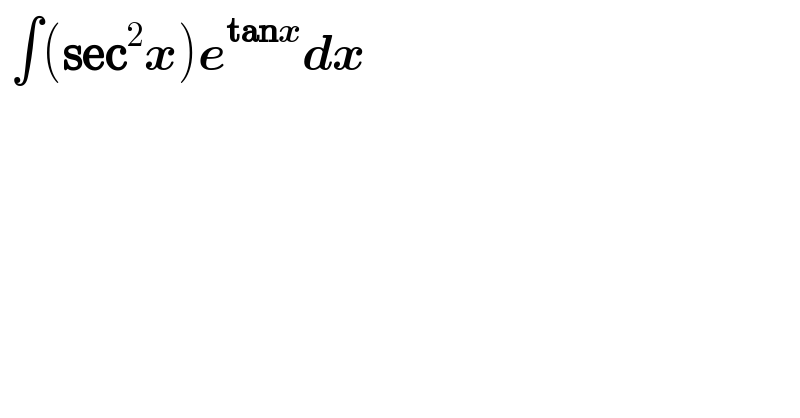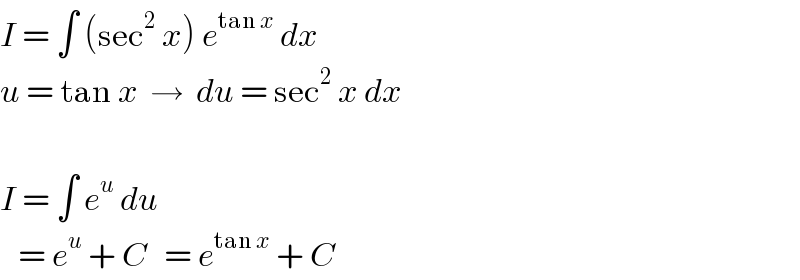
Question and Answers Forum
Question Number 33644 by mondodotto@gmail.com last updated on 21/Apr/18

Answered by Joel578 last updated on 21/Apr/18

| ||
Question and Answers Forum | ||
Question Number 33644 by mondodotto@gmail.com last updated on 21/Apr/18 | ||
 | ||
Answered by Joel578 last updated on 21/Apr/18 | ||
 | ||
| ||